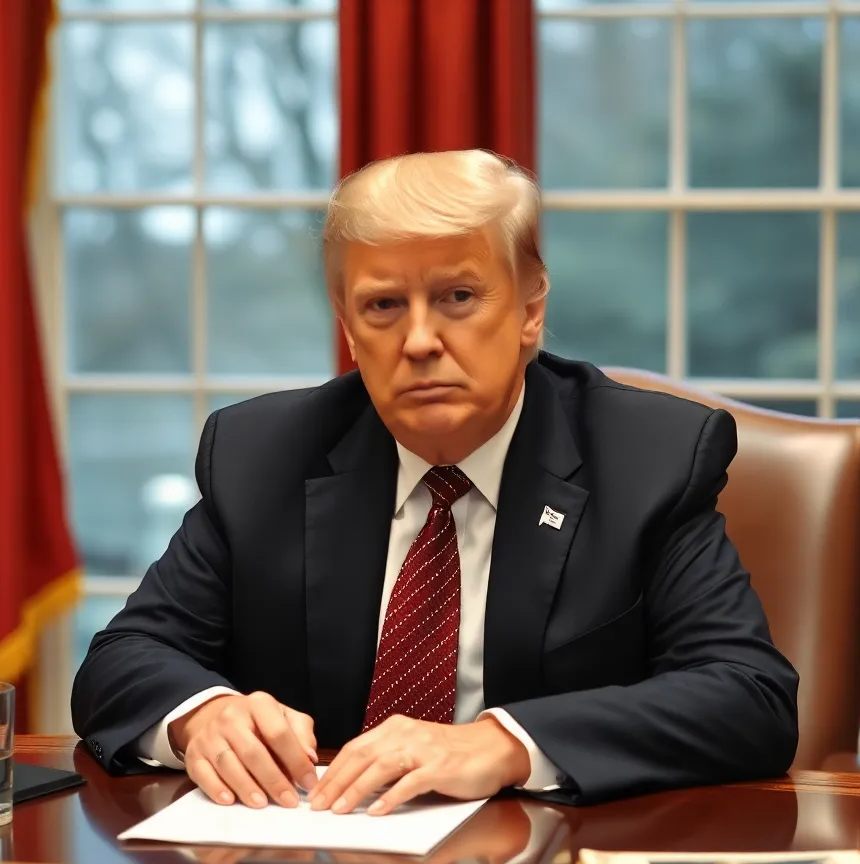
The recent executive order signed by President Trump has left many wondering about the future of the Department of Education. As the agency faces potential dismantling, students, educators, and policymakers are bracing for the impact. In this article, we’ll explore the possible outcomes and what they could mean for the nation’s education system.
A Shift in Federal Involvement
The executive order aims to reduce the federal government’s role in education, giving more control to state and local authorities. This move is in line with the Trump administration’s broader efforts to decrease federal intervention in various sectors. If the Department of Education is dismantled, states may need to take on more responsibility for setting education policies and allocating resources.
Potential Consequences for Students and Educators
The dismantling of the Department of Education could have far-reaching consequences for students and educators. Some possible outcomes include:
- Changes in Funding Allocation: Without federal oversight, states may alter their funding formulas, potentially leading to unequal distribution of resources among schools.
- Loss of Federal Programs: Programs like the Pell Grant, which provides financial aid to low-income students, may be eliminated or significantly reduced.
- Reduced Support for Special Education: The federal government currently provides significant funding for special education programs. Without this support, states may struggle to provide adequate services for students with disabilities.
State and Local Responses
As the federal government steps back, states and local governments may need to fill the gap. Some possible responses include:
1. Increased State Funding: States may need to increase their education budgets to compensate for the loss of federal funding.
2. New State-Led Initiatives: States may develop their own programs and policies to address specific education challenges.
3. Local Partnerships: Schools and local organizations may form partnerships to provide resources and services to students.
The Future of Education Policy
The dismantling of the Department of Education would likely lead to a significant shift in education policy. Some potential outcomes include:
- Decentralized Decision-Making: With more control at the state and local level, education policy may become more decentralized and varied.
- Increased Innovation: Without federal oversight, states and local governments may be more willing to experiment with new education models and approaches.
- Reduced Accountability: Without federal accountability measures, states and local governments may face less pressure to meet certain standards and benchmarks.
As the situation continues to unfold, it’s essential to stay informed about the potential changes and their implications for the nation’s education system. By understanding the possible outcomes, educators, policymakers, and students can better prepare for the future and work towards creating a more effective and equitable education system for all.





